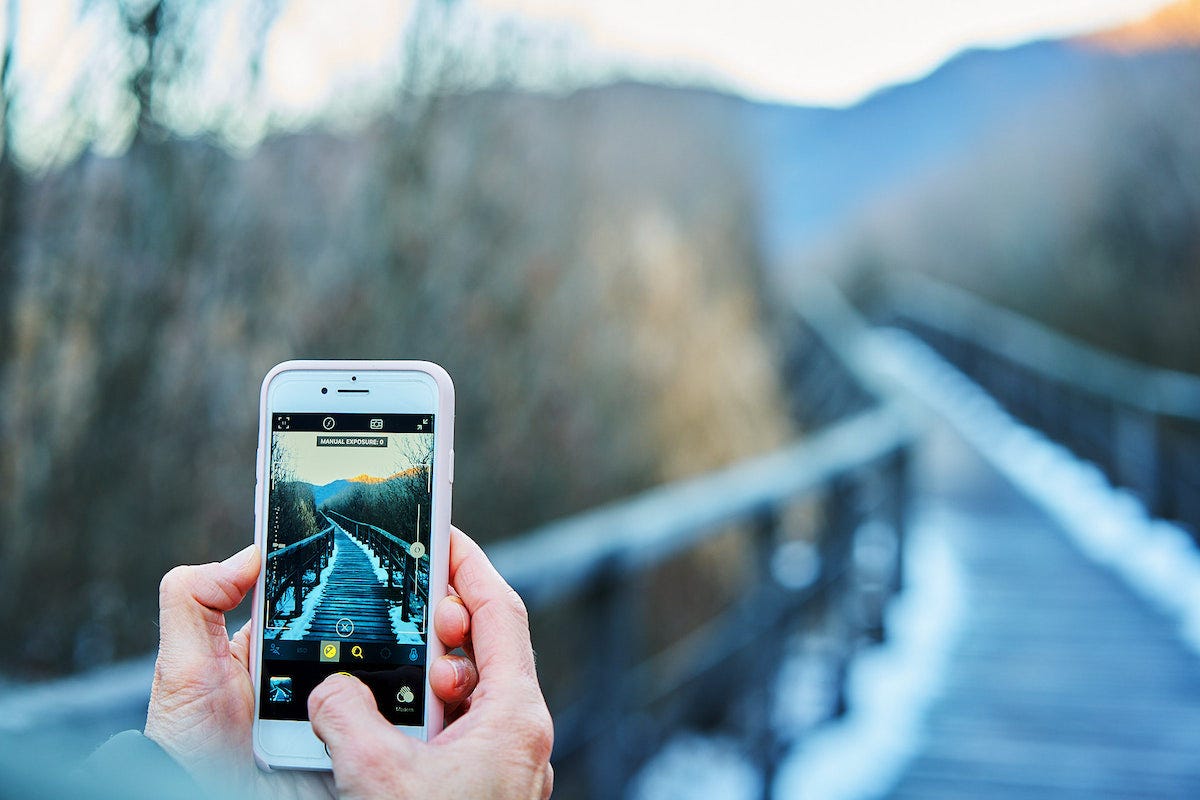People Have More Faith In Technology Than They Do in Themselves
Why believing that digital voice more than your own beliefs might get you in trouble
Hello out there - in a rushed world,
Here comes your weekly permission to Un-rush and Stress Less.
Timeless insights and impulses to re-think why un-rushing makes your life better.
If you enjoyed reading this post from my Newsletter Un-Rush, feel free to share it with your friends and click the❤️ button so more people can discover it on Substack. Thank you!
INSIGHT
People Have More Faith In Technology Than They Do in Themselves
Why believing that digital voice more than your own beliefs might get you in trouble
In a world where technology is freeing you from having to think too much for yourself, people bury their common sense and observation skills in the closet.
We are overwhelmed by too much everything, so we happily reach out to anything that helps us to lessen the burden on our brain and shortcut our daily duties.
People have more faith in technology than they do in themselves. Every invention that made our daily lives or works easier we embraced and celebrated, from the wheel to electricity, from online maps to apps that count the steps we make each day.
We sure can all agree on technology has made modern life more convenient and comfortable. But you should get worried if you can’t find your way anymore by using the simple tool of asking other human beings after your smartphone is out of juice. You should get worried if you ditch your common sense for orders given to you by a machine voice.
This is not about downplaying the value of modern technology; the point here is to make you aware that the more we depend on the orientation and advice-giving technology, the more cut off from the real world we might become.
Researchers and academics are becoming concerned that technology is decreasing our mental capacity and observation skills.
Depending on how we use modern navigational technology and smartphone apps, the usage and dependency have the potential to harm the brain.
As a result, more and more people are losing their ability to navigate and find their way in unfamiliar terrain. Death By GPS or Selfie has become a thing.
Unbelievable but true, there has been an increase in the number of cases where drivers who blindly follow their GPS are getting lost, driving into the ocean, running into dead ends, steering into oncoming traffic, or keeping driving along desert paths into nowhere.
Humans are strange. We have this remarkable organ, the brain, yet we sometimes trust the tech brain more than our own thinking.
The area of your brain that is responsible for learning, memorizing, and navigating the spatial environment is called the hippocampus. It helps us determine where we are, how we got to that particular place, and how to navigate to the next destination.
The good news is, you can train that part of your brain.
Walk or drive unfamiliar terrain, like a different neighborhood, a new city, or a hiking area with your eyes open, trying to make sense of the layout, and the connection of the streets and memorizing landmarks, signs, etc. This trains your orientation and navigational skills which causes the hippocampus and the brain to grow because more neural pathways are formed as the number of mental maps increases.
Another way is to simply slow down. Studies have shown that it helps increase the hippocampus density.
You can also look at art. Amy Herman, a lawyer and art historian, trains members of law enforcement, intelligence agencies, the military, and doctors to increase their visual intelligence and observational skills. Her proven method is to have them look at art. And to “help increase the density of our own hippocampus and keep from overwhelming our pre-frontal cortex, we’re going to take the advice of neuroscientists and psychologists and do so nice and slowly”, Amy says.
In a NudgeShell
Pick up your smartphone with all its helpful apps to navigate certain areas of your daily duties, but don’t forget to use your brain to navigate the real world and your life.
You can read the full article with more input and information here >>>
IMPULSE
Curated stories on the topic of slowing down and stressing less, designed to open up new ways of looking at why you should give yourself permission to un-rush.
Why slowing down to indulge in art history and humanities helps you to think outside the box
Taking the time to look at art, and understand art history you become a more educated, less narrow-minded citizenry that can tell fake news from real. Through the context of artworks, we study history, anthropology, sociology, war and politics, biography, literature, theology, and critical interpretation, to name a few. John Berger, an art historian and television presenter argues that by looking at art we learn to see through mindsets different from our own, sympathetically and with the understanding that doing so reveals truths about what we see, and about ourselves. Slow down once in a while and look at art (in artbooks, galleries, and museums) because it opens up your brain to think outside the box, accept and appreciate different perspectives, and develop an appreciation and tolerance for different cultures and ways of living.
Slowing down means taking more time to reflect, think, and make better-informed decisions. Slow down and read. Take time to be more aware of what is happening around you, and understand the connections between things around you – which you can do through reading.
Ryan Holiday gives you 5 reasons why you should read more.
Reading is the best investment in yourself you can do, it is the best way of self-improvement. If you want to understand the present and the future and understand current events: read. Great leaders are great readers.





